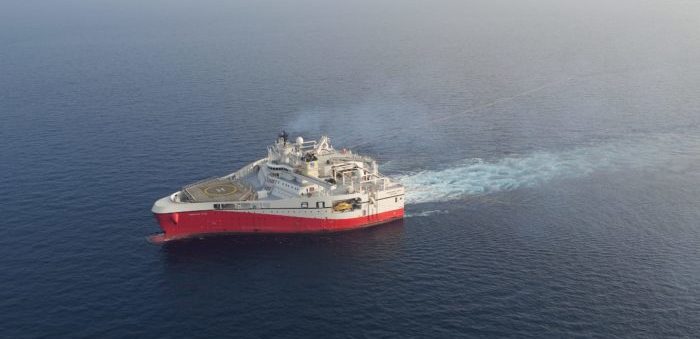More and more ships are scanning oceans in order to find new oil and gas fields as energy companies invest in seismic services after a four-year downturn. This was assisted by the fact that stronger crude prices have made these companies stronger.
Namely, as Reuters reports, the seismic sector has doubled in the first quarter of 2018. This increased the optimism in surveillance firms, most of which struggled to survive.
[smlsubform prepend=”GET THE SAFETY4SEA IN YOUR INBOX!” showname=false emailtxt=”” emailholder=”Enter your email address” showsubmit=true submittxt=”Submit” jsthanks=false thankyou=”Thank you for subscribing to our mailing list”]
However, the road to recovery is not all smooth, as producers are not keen on drilling for new reserves unless oil prices stay high for at least a year more.
Currently, with crude prices remaining above $60 a barrel in the past six months, companies have helped boost demand for surveillance. The total area available for upstream companies for seismic work has now doubled to 40,000 square kilometres.
In addition, geophysical data demand at producing oil and gas fields, also known as 4D seismic survey, has also driven explorers to increase output from these asset.
In fact, Petroleum Geo Services (PGS), the world’s largest seismic operator expects to obtain some 20 to 25 4D seismic jobs this year, an increase from 16 and 17 respectively in 2017, with most of it being in the North Sea, West Africa and Brazil.






























































